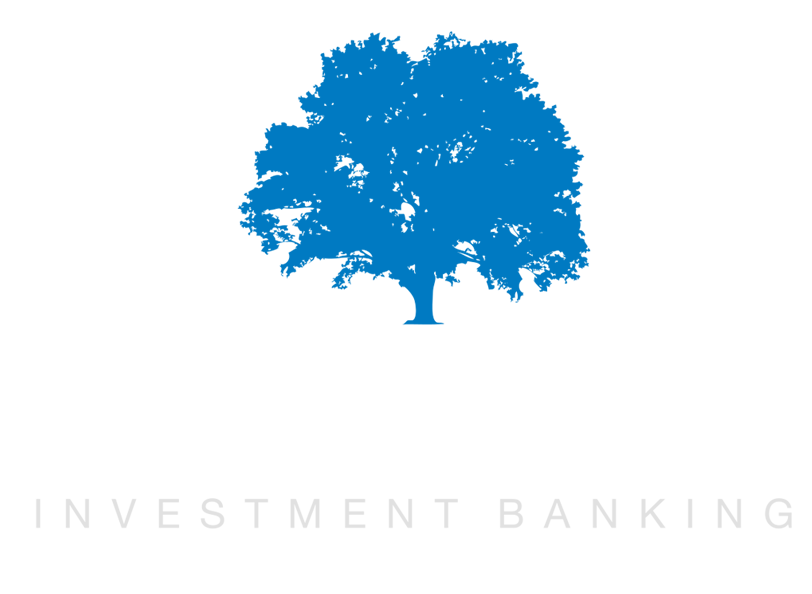 Wenn Alkoholiker rückfällig werden, ist das in der Regel nicht selbstverschuldet, meint das Bundesarbeitsgericht. Arbeitnehmer sollen deshalb weiter Lohn bekommen. Eine Bedingung gibt es aber.
Wenn Alkoholiker rückfällig werden, ist das in der Regel nicht selbstverschuldet, meint das Bundesarbeitsgericht. Arbeitnehmer sollen deshalb weiter Lohn bekommen. Eine Bedingung gibt es aber.RSS FeedQuelle ansehen
 Nicht nur wegen der fallenden Zinsen kündigen die Versicherten ihre Lebenpolicen. Das wenig flexible Produkt mit den langen Laufzeiten passt oft nicht zur Lebenssituation. Bei welchen Gesellschaften die Kunden kündigen.
Nicht nur wegen der fallenden Zinsen kündigen die Versicherten ihre Lebenpolicen. Das wenig flexible Produkt mit den langen Laufzeiten passt oft nicht zur Lebenssituation. Bei welchen Gesellschaften die Kunden kündigen.RSS FeedQuelle ansehen
 Bei der Online-Kreditplattform Auxmoney können Anleger Privatleuten Geld leihen. Im Interview verrät der Chef, warum das Portal rasant wächst, ein Börsengang kommen könnte und die Risiken überschaubar sei sollen.
Bei der Online-Kreditplattform Auxmoney können Anleger Privatleuten Geld leihen. Im Interview verrät der Chef, warum das Portal rasant wächst, ein Börsengang kommen könnte und die Risiken überschaubar sei sollen.RSS FeedQuelle ansehen

A HISTORIAN looking back at tomorrow’s budget, due to be revealed by George Osborne, the chancellor of the exchequer, may well write:
Faced with an economic crisis and a large budget deficit, the British government was forced to raise taxes and implement a severe set of public spending cuts. By the end of parliament, economic growth had been restored and the Conservative chancellor of the exchequer found himself able to reverse some of the previous cuts and tax rises he had made. Although his party was in coalition with left-of-centre politicians, he hoped that the Conservatives would chiefly benefit from his announcements at the election due to be held a few months afterwards.
But it would serve equally well as a description of the 1935 budget delivered by Neville Chamberlain (pictured just before his budget speech) nearly 80 years ago. The National Government he was part of, a coalition of the Conservatives with support from Liberal and National Labour politicians, took office in 1931 inheriting a large budget deficit from the previous Labour administration. With swingeing spending cuts—reducing…Continue reading
RSS FeedQuelle ansehen
THIS week our correspondents discuss the rise of the dollar, the turn in America’s interest rate cycle and the upcoming Fed meeting
RSS FeedQuelle ansehen

RYANAIR’s business model has come a long way in the past year or so. It started when the Irish carrier decided it was time to jettison its deliberately spiky image, in which it offered customers a Faustian bargain of abysmal customer service in return for low prices. In a change of strategy, summed up by Michael O’Leary (pictured), Ryanair’s sweary boss, as “not unnecessarily pissing people off”, it started doing the kind of things that were once anathema—being more lenient about carry-on bags, selling flexible tickets and allocating seats. Now, it appears that the board of Ryanair, which is the world’s biggest airline by international passengers, has given the go ahead for an even more radical new plan: an assault on transatlantic routes.
For those who remember how effectively Ryanair shook up the sleepy, cartelish world…Continue reading
RSS FeedQuelle ansehen


RSS FeedQuelle ansehen
AS the president of the Federal Reserve Bank of New York and Treasury secretary, Tim Geithner was deeply involved in the financial crisis of 2007 onwards, battling to save the banking sector from itself. Peter Thiel was a co-founder of PayPal , an early investor in Facebook, and is well known for his libertarian views. The two men spoke at our Buttonwood gathering in New York in February, to Zanny Minton-Beddoes, our editor, and Matthew Bishop respectively. Here are some of the highlights.
Tim Geithner on why he takes an upbeat view of Japan’s economyContinue reading
RSS FeedQuelle ansehen


WORLD oil stockpiles are rising by 1.6m barrels a day—and drowning hopes of a price rally. America’s Energy Information Administration will give the latest picture of crude supplies tomorrow, but already the main American benchmark, West Texas Intermediate, has fallen to a new six-year low of $44.30 per barrel. Brent (the main international price) is stronger, at $53. Demand is soggy (notably from China’s slowing economy) and supply strong. Libya has confounded expectations by doubling its production in the past few weeks. Price falls haven’t hurt production in America: though the number of idle drilling rigs is still rising, only the least profitable wells are shutting down. Output is still buoyant, confounding gloomsters—and oilmen say that they can pump even more oil, and quickly, if the price rises. OPEC says America’s oil boom will be over by the year-end. Wishful thinking.
Dig Deeper:
RSS FeedQuelle ansehen
UK Only Article:
standard article
Issue:
Made in China?
Main image:
20150314_wwp001_290.jpg
Apple rolled out its first entirely new product since the death in 2011 of Steve Jobs, its founder. Apple Watch, which will go on sale next month, can be used to make payments, monitor heart rates and check e-mail. It even tells the time. But with prices ranging from $350 to $17,000 (for a gold edition) and a battery lasting just 18 hours before a recharge, many wonder if this really is the moment when wearable devices will break through. See article.
Diverging paths
The European Central Bank announced, via Twitter, that it had started its quantitative-easing programme, through which it expects to buy €60 billion ($64 billion) a month in bonds until September 2016. Yields swooned on government debt issued by euro-zone members, entering negative territory on some shorter-term bonds. The euro fell below $1.06 to reach a 12-year low against the greenback.
Another factor driving down the euro was a robust monthly jobs report in America. Its strengthening economy has heightened expectations that the Federal Reserve will drop the word …<div class="og_rss_groups"></div>


